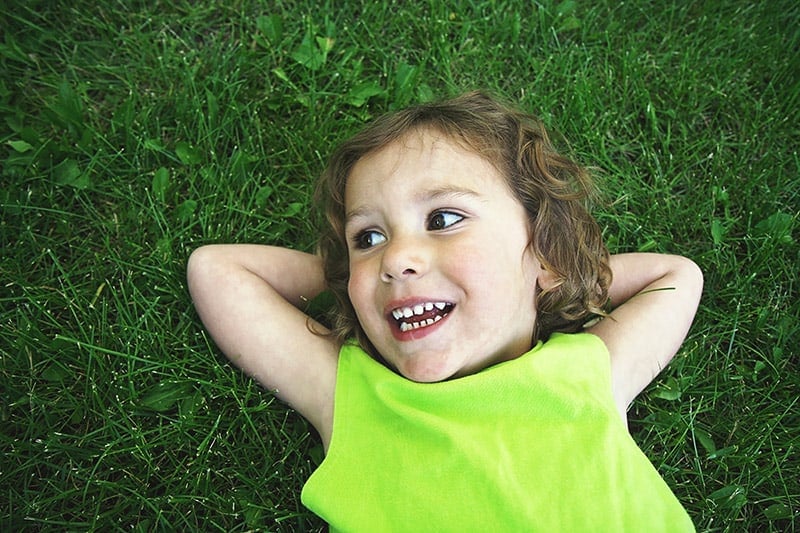The mentality of Reward and Punishment in Education

Our memories of school are tinted with anecdotes which, hopefully for the most part, would bring a nostalgic smile to our faces. Dark memories, though, always seem more vivid and punishments we received are sometimes hard to forget. Is it because we learnt a valuable lesson and can now see how effective that was or is it that marks to our pride are indelible? Do we remember praise as easily? The debate on reward versus punishment as the most effective way to educate children is ongoing. It reflects the global mentality of a given education system.
The case for Action-Reaction
Punishing children for bad behaviour is present in all schools. It reflects how society works and teaches them that for every action there is a consequence. You can’t hit your classmate in the same way as you can’t later attack someone in the street. However, children are still developing and must first understand what is or isn’t acceptable behaviour before they can be punished for it. Prevention works wonders. Imagine you have already told a group of children they will only have 2 sweets each so that it is fair. If one child takes someone else’s too, you can refer back to your initial statement, then punish that child if you deem it necessary. The important thing is to give a clear explanation for the punishment, so that the child can associate it with the bad behaviour.
Teachers work to understand what causes bad behaviour in an individual child because it is sometimes leads to a deeper issue which requires attention rather than punishment. These days, we have obviously moved away from corporal punishment. The old fashioned writing a hundred times what one must not do is rare and doesn’t teach students anything. Sanctions more often than not take the form of detention. In cases of bad behaviour, time alone at break or after school serves as an opportunity for reflection and a cooling off period; detention given for missed homework will eventually help the student take responsibility for their own learning.
Discipline can be enforced without punishment
Catch them being good. This is the motto in progressive education, promoted in Switzerland’s International, British and American schools. Praising children for good behaviour has been proven to reverse bad behaviour. Praising boosts self-esteem and a confident individual is more likely to be tolerant of others, calm and willing to comply. Bad behaviour does, indeed, often stem from frustration and a feeling of social inadequacy. Punishment works by instilling fear and aims to force students to conform and obey, but it does not necessarily help educate them. Punishment and negative feedback demotivate people. Surely, the role of schools is to help students find their own motivation to learn and behave in a socially acceptable manner. Too much punishment breeds bitterness and resentment, which in turn prevent learning from taking place effectively.
Most schools will find a balance between positive and punishing discipline. This is most obvious in the common point system, where points are taken away for bad behaviour (very much like driving licences) but also added to reward good behaviour. This leaves the door open for children to redeem themselves and so, rather than feeling discouraged by a definite punishment, they seek to put things right all the time. Some schools, especially British ones, only use the point system for rewards, whereas others, often more traditional French ones, use points solely as penalty.
The cultural factor
Rewarding or punishing isn’t just about discipline. It is a philosophy that will seep into all aspects of the school life, including assessment methods. The local Swiss and French marking methods fall into the punishing category. Students are expected to match certain criteria in their assignments and marks are taken away where errors are made. Pages riddled with their work crossed out and only their mistakes highlighted in red can only demotivate a child.
The IB programme and English curriculum, on the other hand, base the assessment criteria on awarding marks for good work. Students’ answers will be marked against a set of criteria which builds up the number of points. In such a system, feedback will mainly be given on what has been done correctly. This is so the student can reproduce what he has done right, and will be given advice on how to boost his marks in future assignments.
Ultimately, what works for one child may not work for another, and the success of an education system will depend on the quality of the balance between reward and punishment, which most teachers naturally provide, regardless of culture. Punishment suits children who seek firm guidance, reward helps fragile individuals blossom. The role of parents, teachers and schools is to find the right approach for each particular situation.
When children grow up, they go out in life as the product of their education. As the late poet U. A. Fanthorpe illustrates in her poem, the way we were disciplined at school marks us deeply and the puzzled child we were remains within us, wide-eyed and seeking answers.
More from International School Parent
- Mark Making in the Early Years
- How your child can avoid the summer slide – 7 top tips for parents
- Risk and your finances
- How To Improve Long-Term Memory
- Why Choose Barcelona For Your Child’s Study Abroad Experience
Find more articles like this here: www.internationalschoolparent.com/articles/
Want to write for us? If so, you can submit an article here: www.internationalschoolparent.submittable.com
